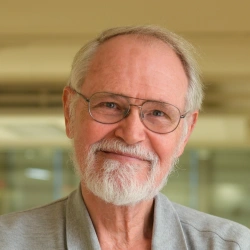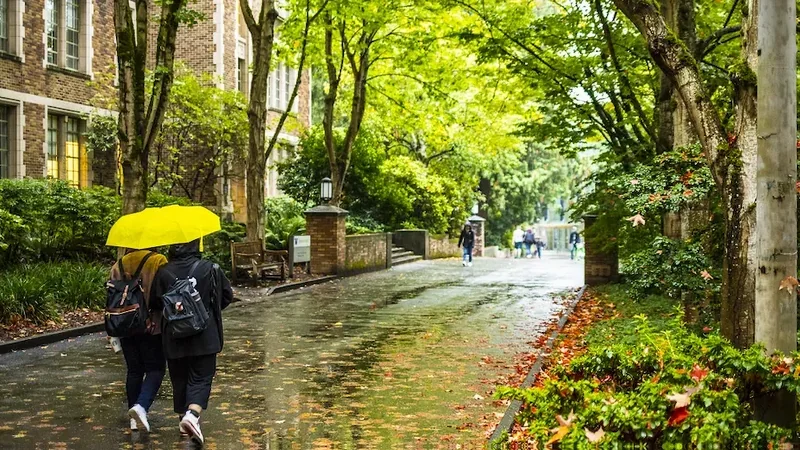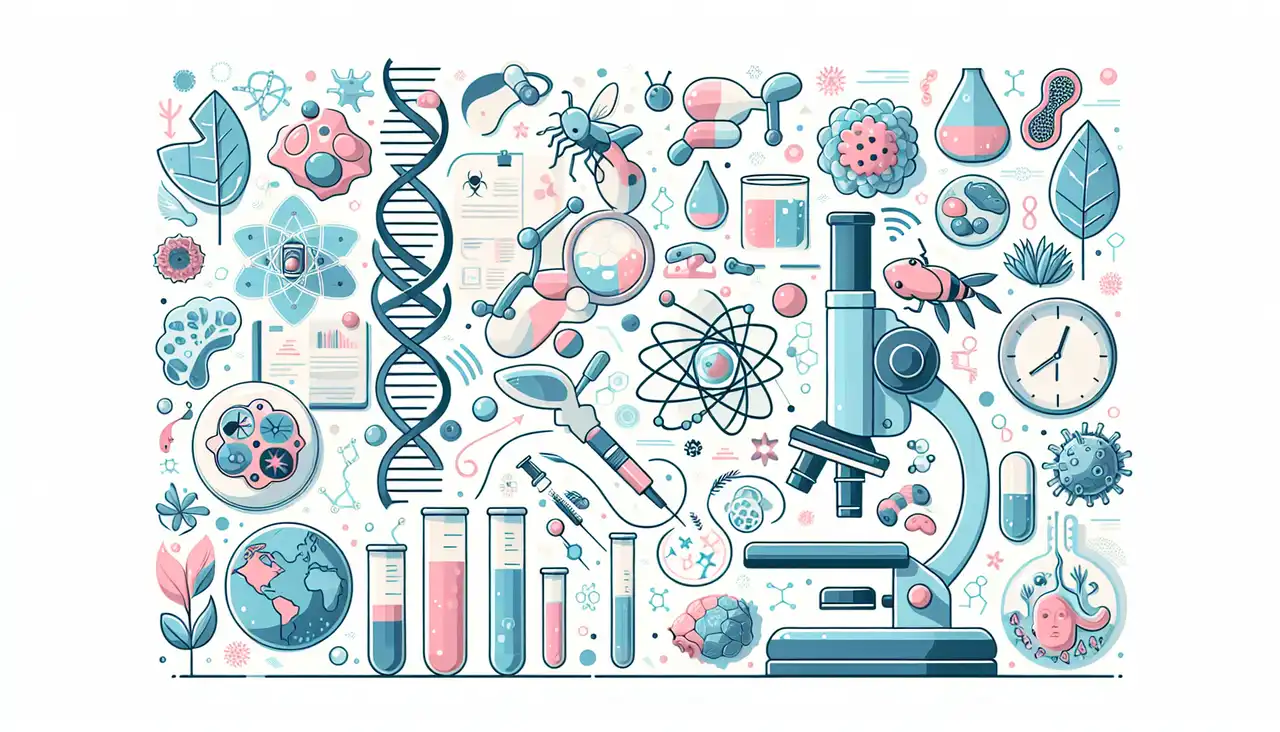
Arvind Narayanan

Janet Vertesi

Prateek Mittal

Kevin Deas







The University of Washington (UW, simply Washington, or informally U-Dub) is a public research university in Seattle, Washington. Founded on November 4, 1861, as Territorial University, Washington is one of the oldest universities on the West Coast; it was established in Seattle approximately a decade after the city's founding. The university has a 703 acre main campus located in the city's University District, as well as campuses in Tacoma and Bothell. Overall, UW encompasses more than 500 buildings and over 20 million gross square footage of space, including one of the largest library systems in the world with more than 26 university libraries, art centers, museums, laboratories, lecture halls, and stadiums.

The Department of Biology at the University of Washington-Seattle Campus, located in Seattle, WA, United States, serves as a leading center for exploring the fundamental questions of life. It offers comprehensive programs spanning the vast landscape of biological study, from the molecular level to entire ecosystems. With a strong emphasis on cutting-edge research and a collaborative spirit, the department provides an exceptional environment for students and scientists alike. Faculty expertise covers diverse areas like molecular biology, ecology, and evolution. Graduates are well-prepared for a wide range of careers in research, health sciences, environmental fields, and more, equipped with critical thinking and problem-solving skills. This dynamic department fosters an integrative approach to understanding the natural world.
View Biology